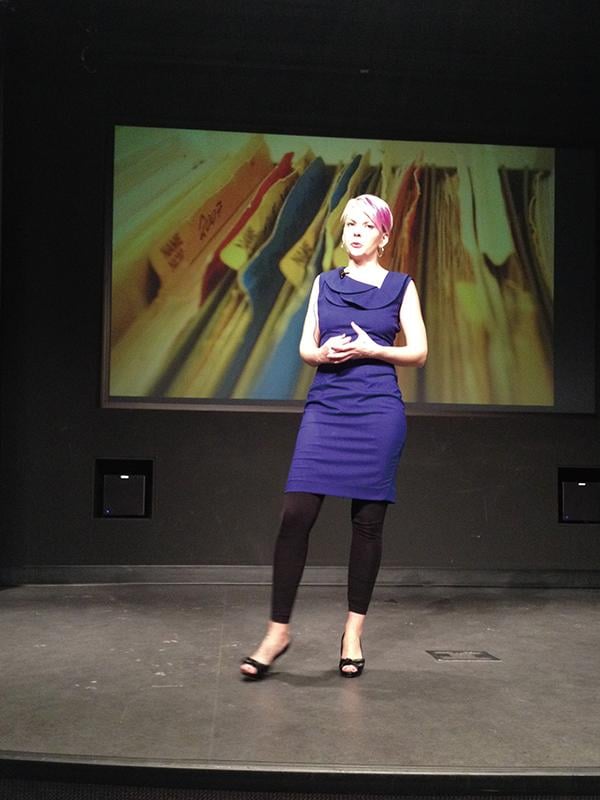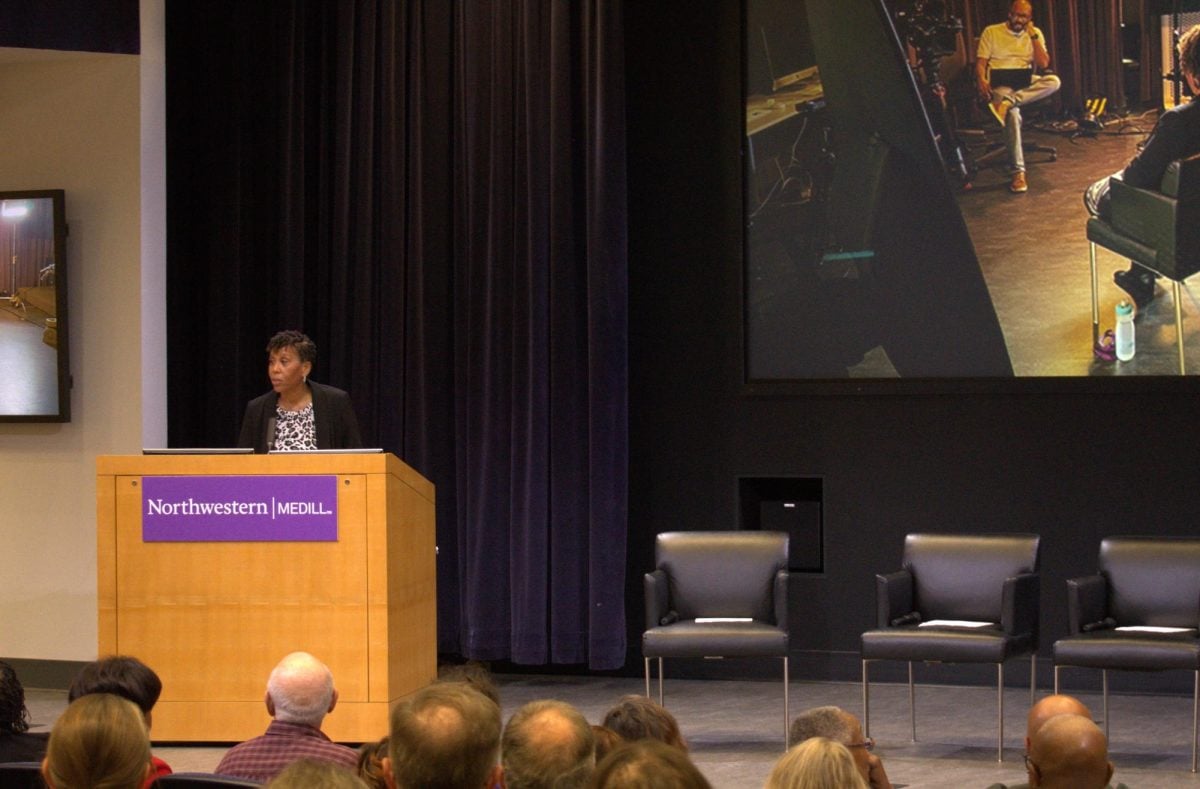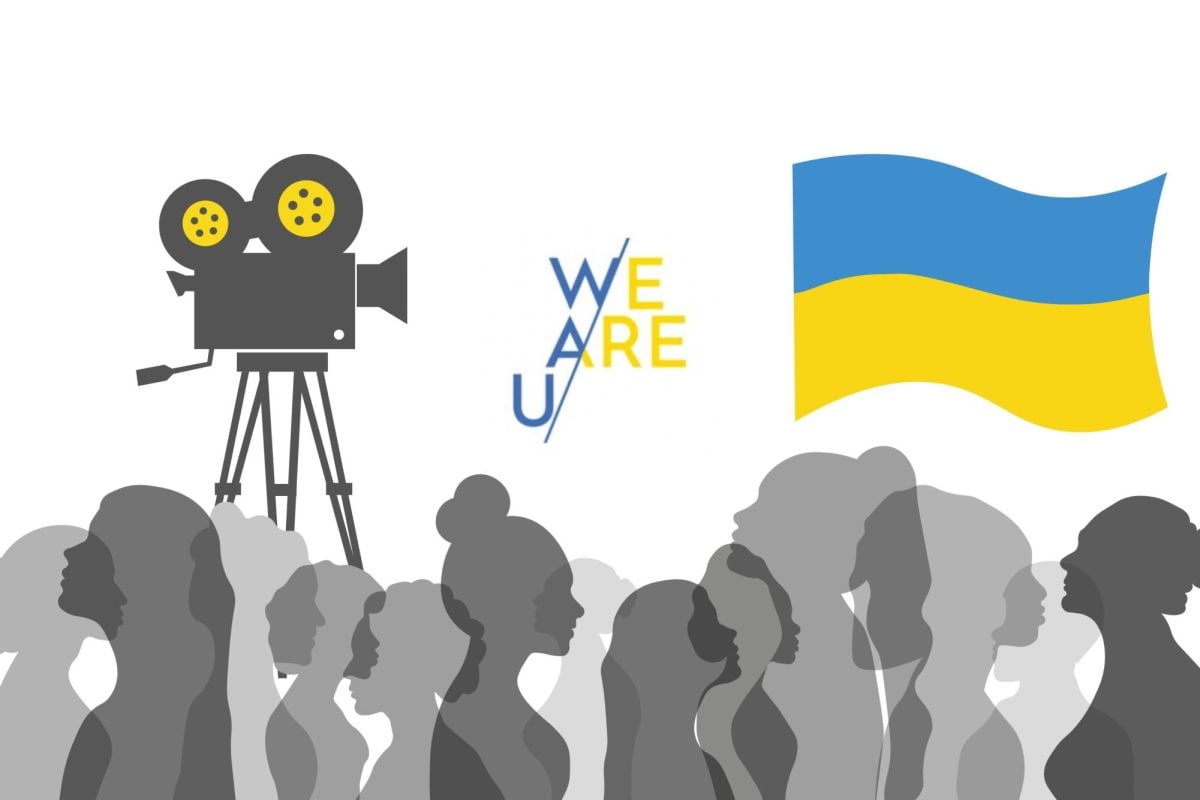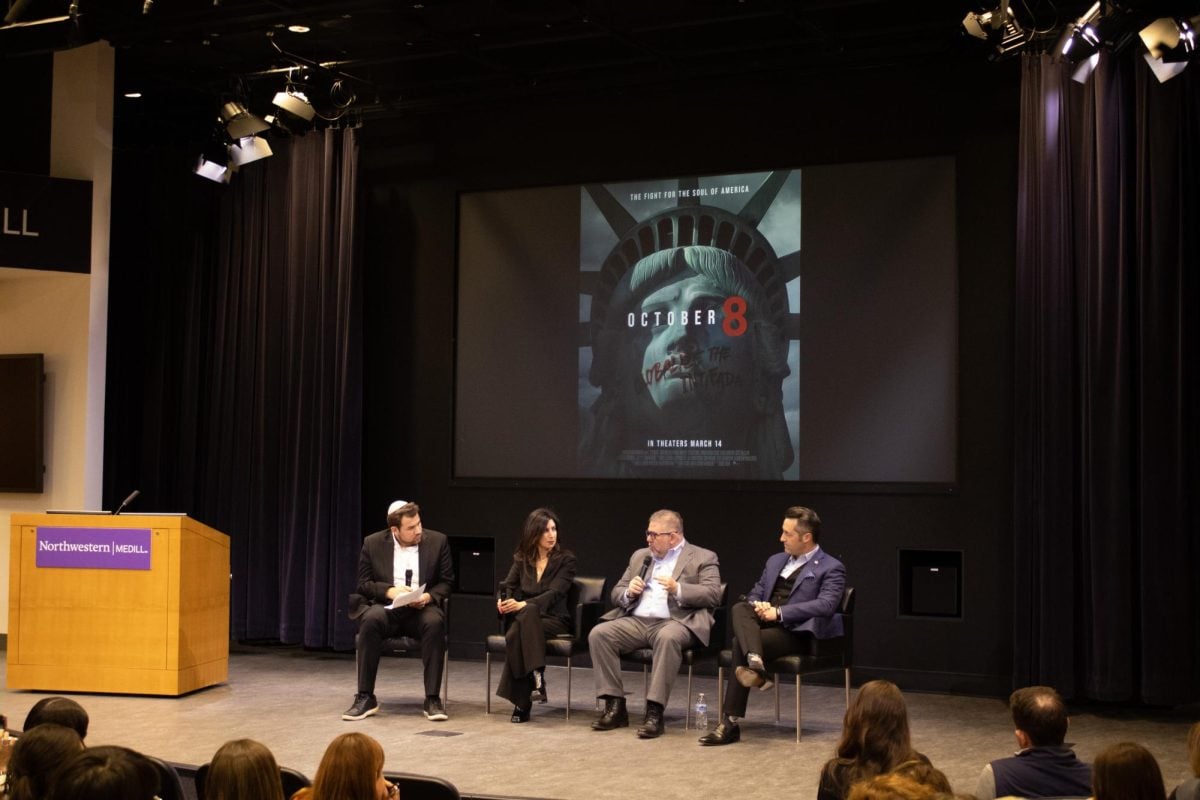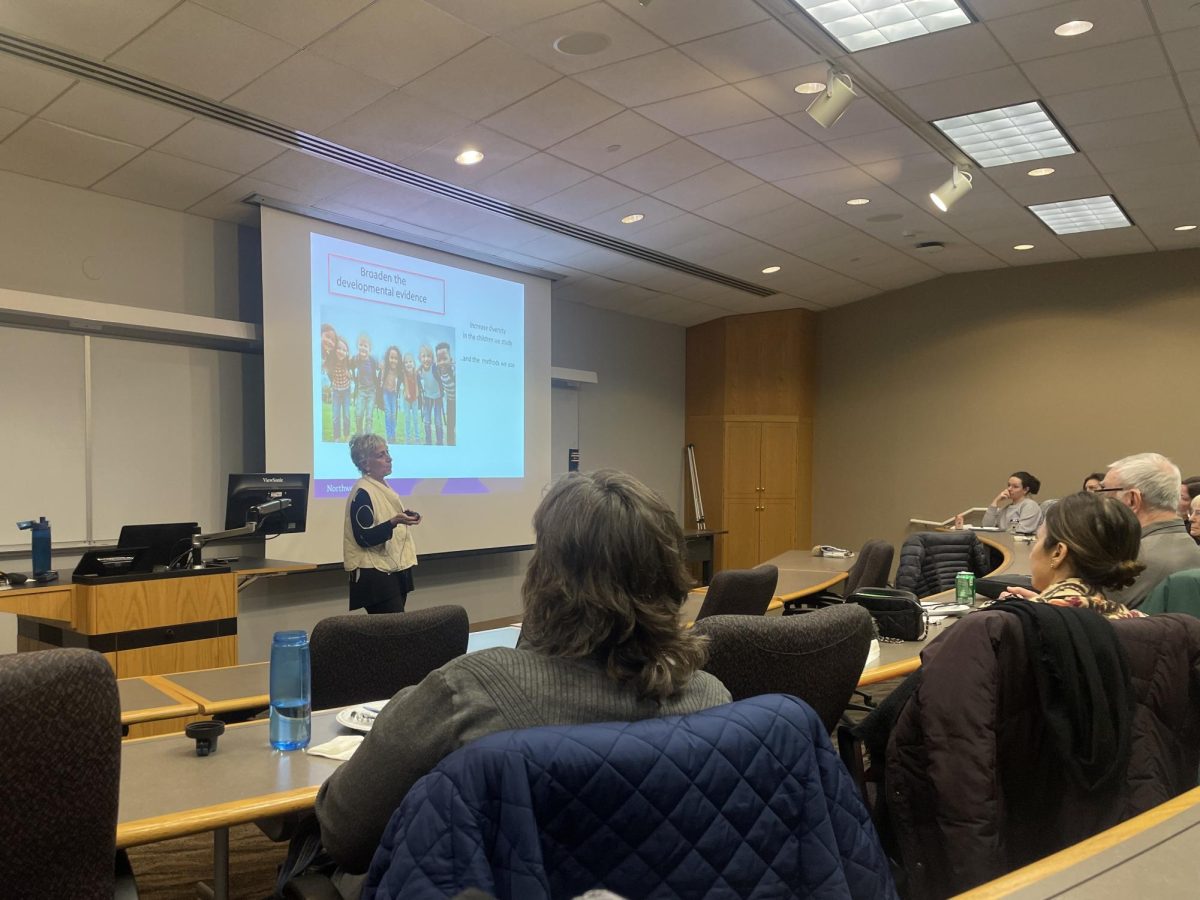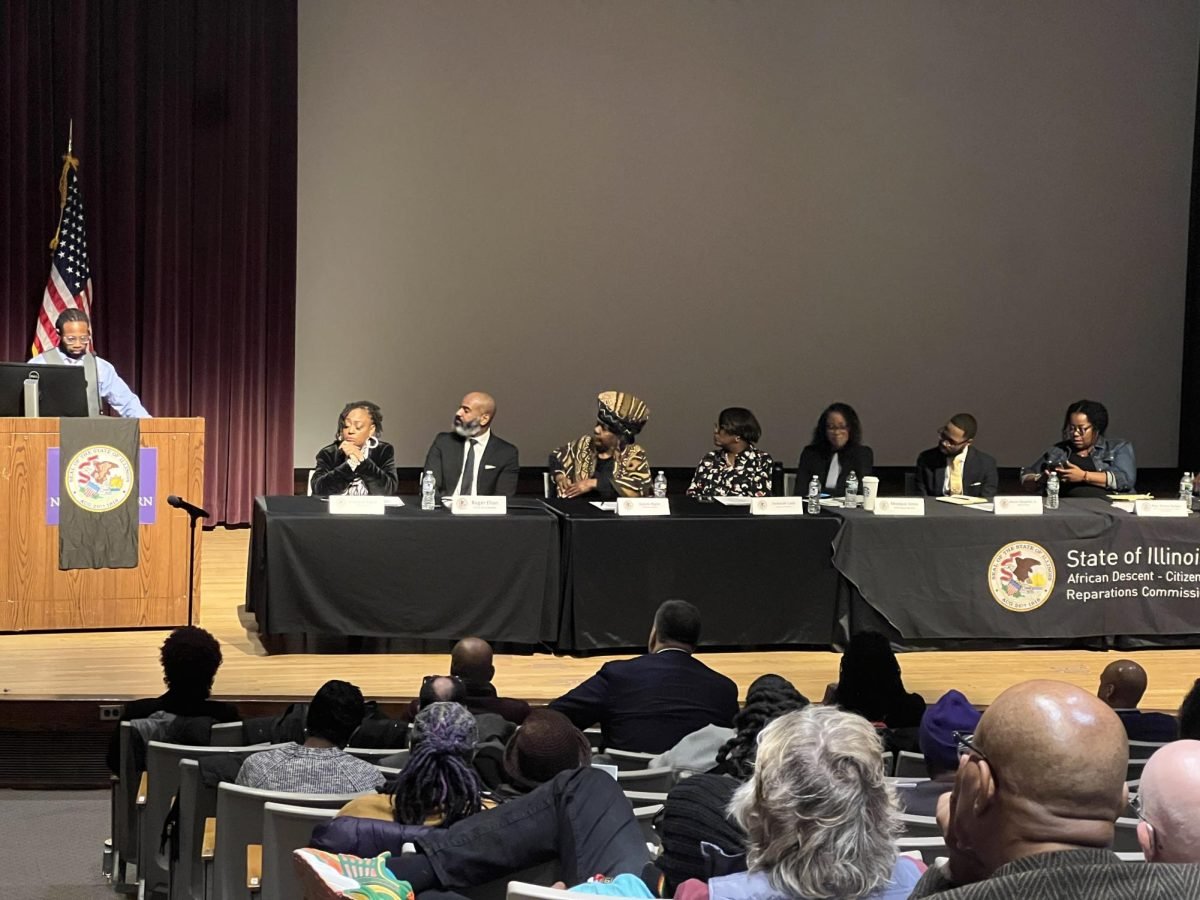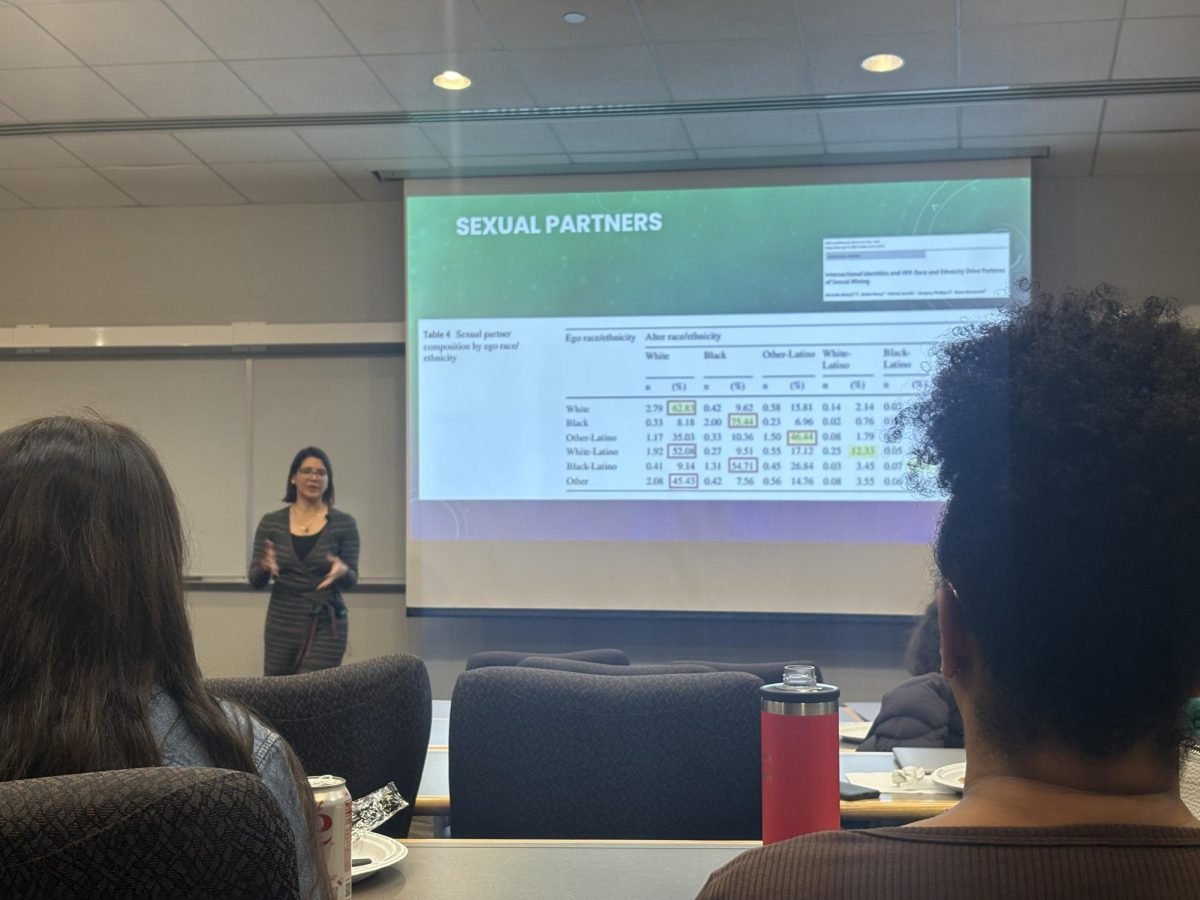Media technologist Deanna Zandt gave a keynote talk on activism and empowerment through social media Wednesday night, advocating building personal relationships over branding yourself.
The event, the second of the three talks in the Women’s Center’s “Power and Privilege: A Call to Action” series, drew about 25 Northwestern students and community members to the McCormick Tribune Center.
Zandt, author of “Share This! How You Will Change the World with Social Networking,” focused her speech on using social media tools to build relationships, while simultaneously networking and advocating social change.
“Everybody thinks that everyone else is doing amazing things in the world of social media,” Zandt said. “In reality, none of us know what we’re doing. Everyone brings something else to the table. That’s what makes it so exciting.”
Renee Redd, the director of the Women’s Center, said Zandt’s unique emphasis on using social media to tap into people’s empathy and emotional resonance is what made her such a desirable speaker for the speaker series.
“What she does helps us to remember is our humanity,” Redd said.
Zandt’s social media popularity skyrocketed in 2012 when Planned Parenthood awarded her its first-ever social media Maggie Award for Media Excellence for her work in sharing the stories of women whose lives were saved by the organization.
Zandt launched the Tumblr blog, Planned Parenthood Saved Me, when the Susan G. Komen Foundation dropped funding for the organization. Her work was covered in major media outlets including The Washington Post and MSNBC’s The Rachel Maddow Show.
The event’s attendees ranged from students looking to build their professional social media presence to adults attempting to break into the media world.
Kathryn Catlin, a second-year graduate student, came looking for ways to use social media to enact social justice and found the talk very engaging.
“I have a lot to think about going forward,” Catlin said.
Zandt’s speech touched on what she feels are some of the greatest misconceptions about social media, including the idea that one must build a “brand.”
“You don’t need a personal brand,” Zandt said, quoting a friend. “You just need a personality.”
Interaction on social media, Zandt said, should be treated the same way one treats face-to-face interaction.
“You’re thinking of yourself as a curator of interesting pieces of information in the world,” she said. “Only 20 to 30 percent of what you post should be about you.”
Zandt singled out the Twitter account for the Medill School of Journalism, Media, Integrated Marketing Communications as a good example, pointing out those behind the account don’t just talk about themselves but also cross over into relevant communities, reply to alumni and students and highlight good work in the world of journalism.
The speech highlighted other groups creating positive social media presences and advocating social change, including one called “Being Black at University of Michigan,” a campaign started by the university’s Black Student Union. The group used the hashtag #BBUM on Twitter to share its experiences with diversity on campus.
“We can use these tools to elevate and support voices that otherwise do not get heard,” Zandt said.
The Women’s Center’s series will end this spring with a keynote speech from Gary R. Howard, a social justice, education and equity advocate, continuing the center’s goal of promoting power and social change.
“These topics resonate with students,” Redd said. “Working together for social justice makes Northwestern a more welcoming place.”
Email: annemcdonough2017@u.northwestern.edu
Twitter: @anniemcd_news

